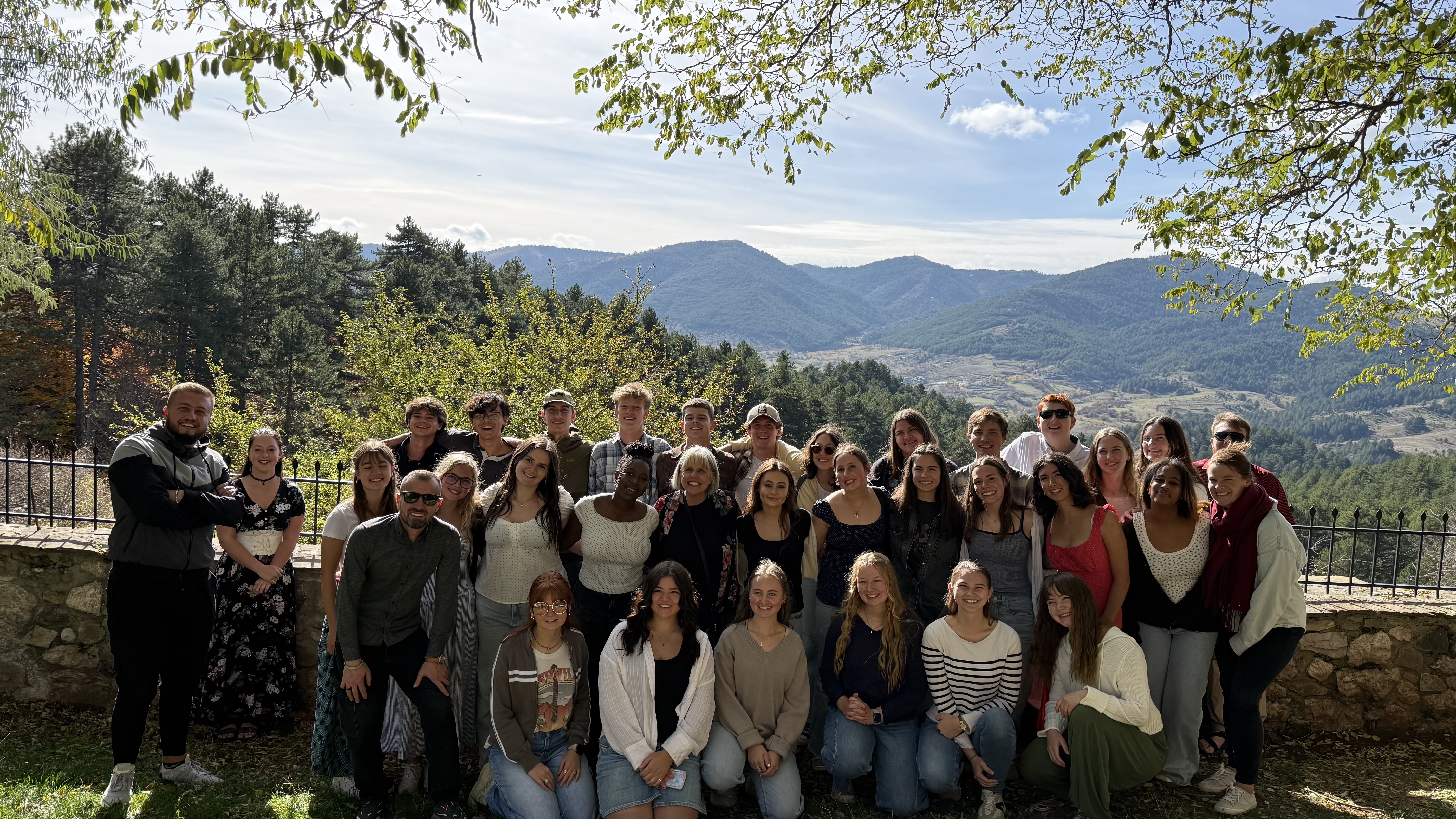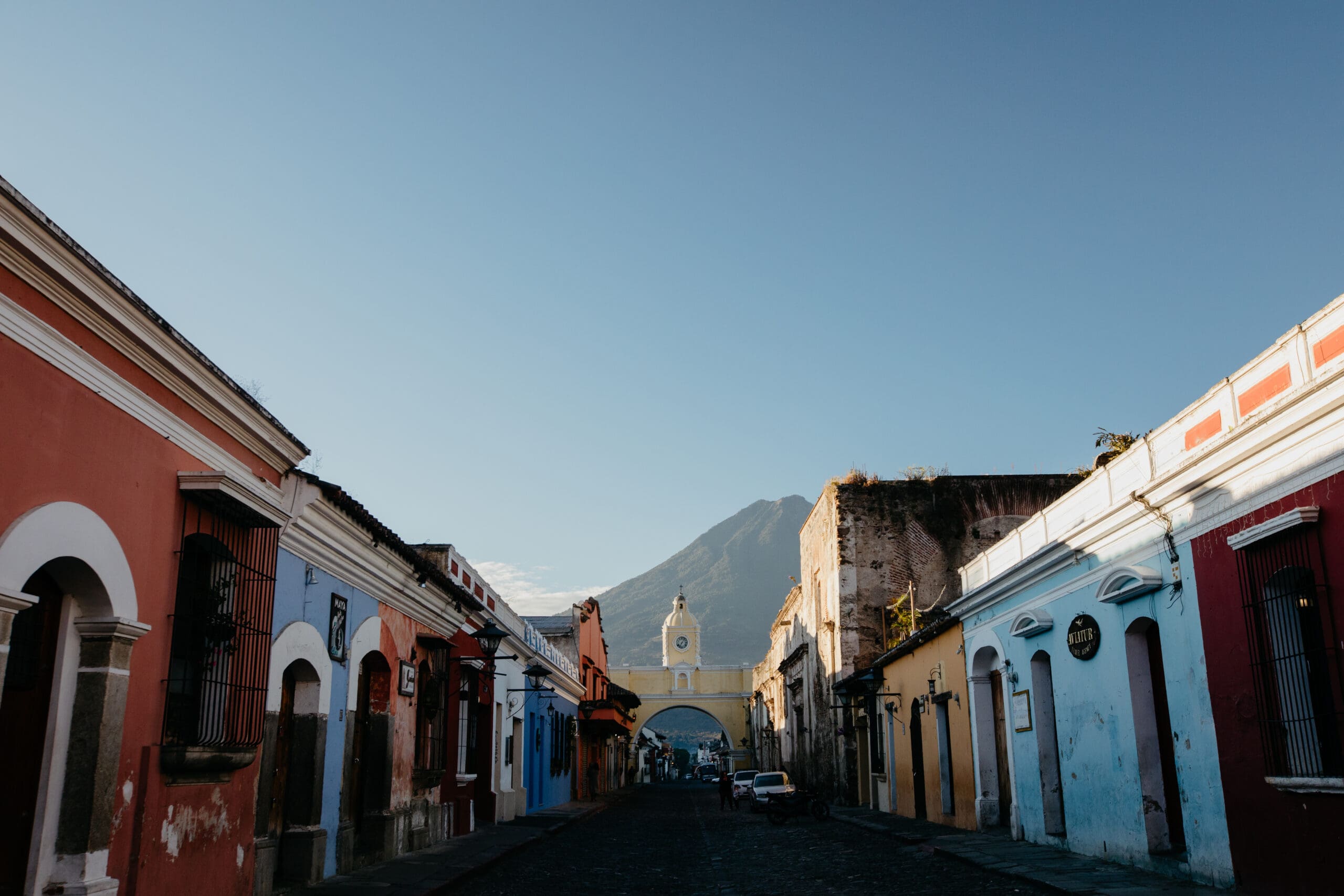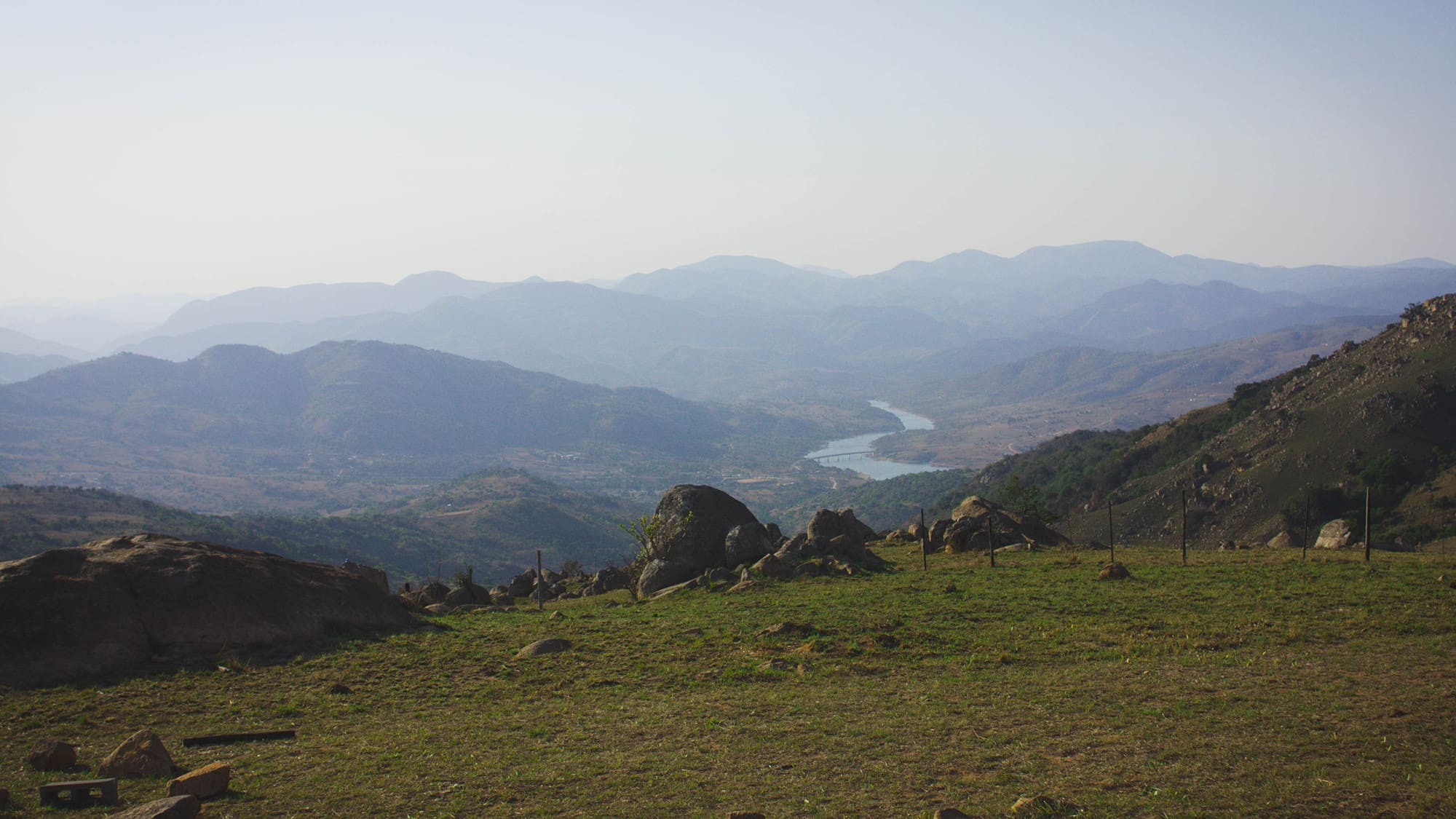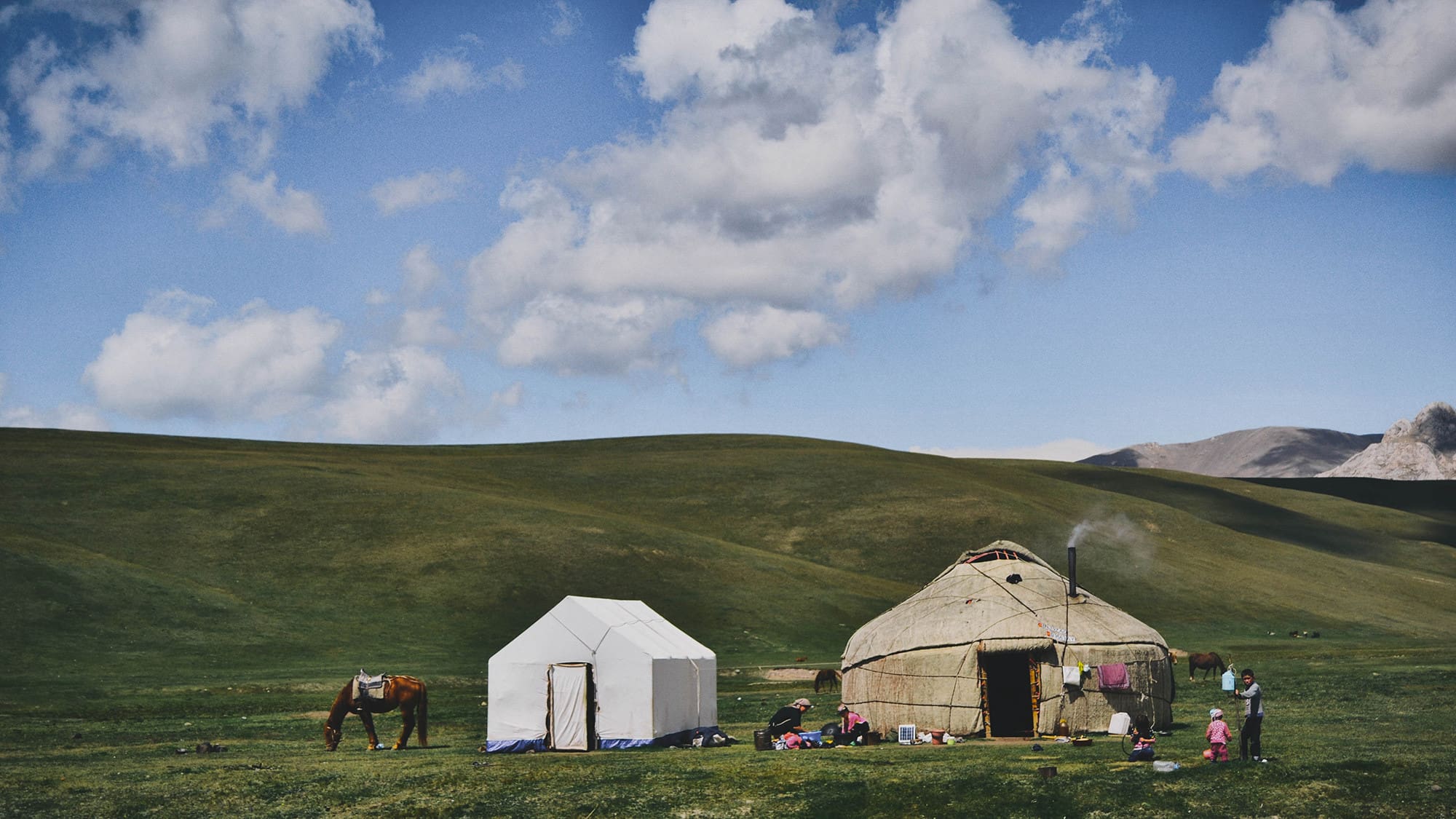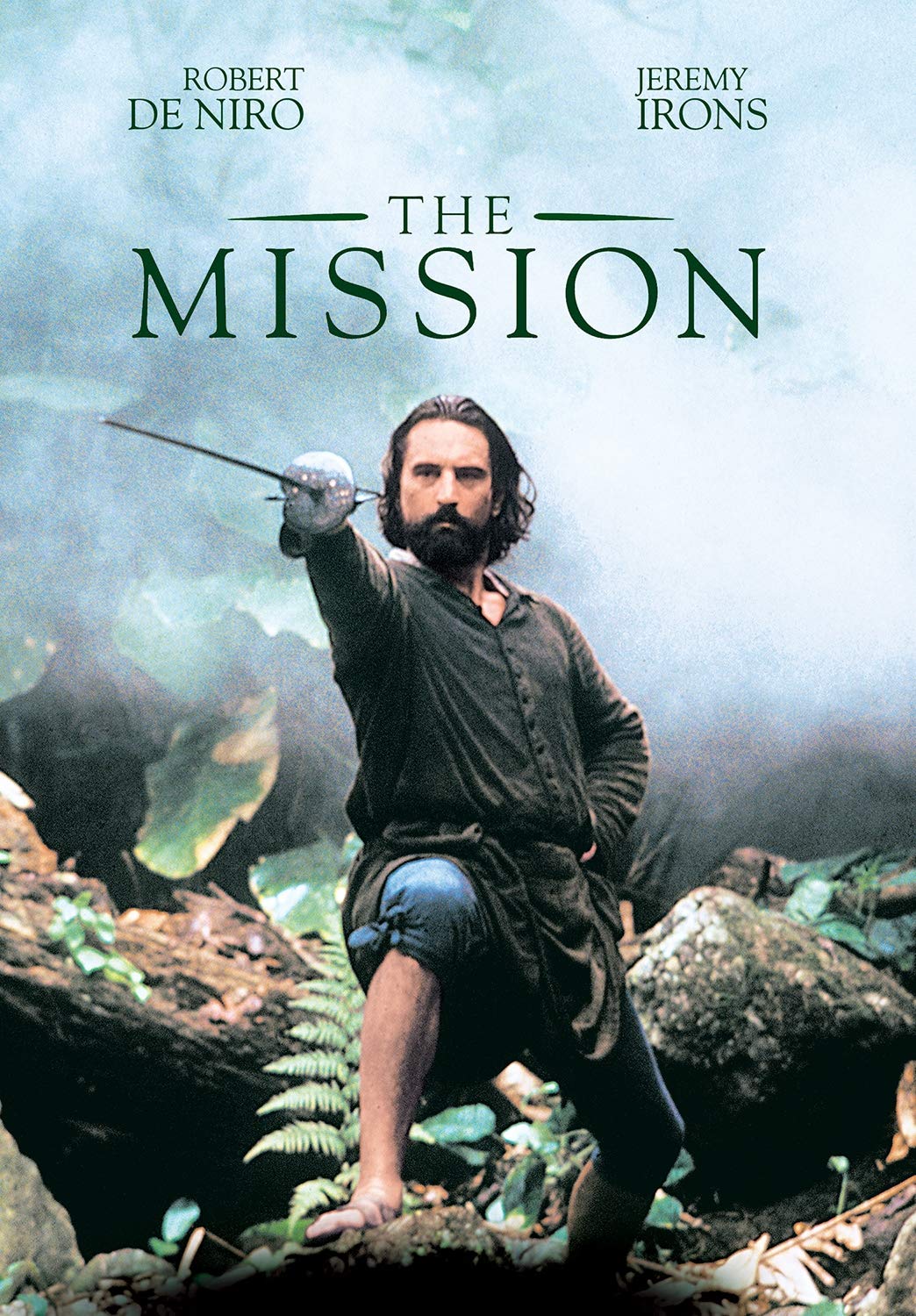
God has a heart for the world. The Bible says, "He is not willing that any should perish."
And so, he has drafted those of us who have chosen to follow him to go and show the world how a relationship with him is possible. We call that God-directed project "missions." And often, it seems to be done poorly, in ways that make people want to dismiss such undertakings as misguided.
Of course it is easy to overlook the notion that all of us who are believers have come to faith as the result of some missional effort, most of which can be traced back to Paul and the early church. Without missions, Christianity as we know it would be some small Hebraic sect.
So, how do we convey the importance of missions to young believers? Movies can help. Here are four in this post and the next that do a good job of conveying some element of missions. Today, Cabrini and The Mission.
Cabrini
Cabrini came out last year. We meet Caterina Cabrini as a young woman taking her dream of establishing a string of orphanages to the Pope. He is the first of a series of men whose response to her dreams is "no." And so, this is a movie about faith and resilience. Faith in dreams that lack resources. And resilience to see them birthed in the face of opposition.
Cabrini faces poverty, illness, and social prejudice. We see her standing in line for food, cradling orphans, pitching tents for the sick, and digging wells for water.
What makes Cabrini special for Christ-followers—not just that she built hospitals and schools, but that she built them from the ground up, even when the storms raged.
I love how the film doesn’t sugarcoat her humanity. She laughs, she weeps, she wrestles when overwhelmed. She holds a child covered in sores and she trembles. Why? It's not because she's afraid of getting sick. She didn’t see a disease—she saw a soul.
Cabrini invites us to ask: Will we pray, wait, and step forward, even when the whole thing feels too big?
The Mission
Set in 18th-century South America, the film follows Jesuit priests as they seek to share the Gospel with the Guaraní people.
From the outset, The Mission captures the heart of missionary work: the willingness to enter unknown and often hostile environments for the sake of Christ. Father Gabriel’s gentle approach - winning the Guaraní through music and presence rather than force - embodies the incarnational model of mission, meeting people where they are and loving them into the Kingdom. The film’s depiction of Mendoza’s conversion and penance is especially powerful. His journey from slaver to brother in Christ, symbolized by the literal and spiritual burden he drags up the cliffs, is a vivid portrayal of redemption and of grace.
The Mission refuses easy answers, instead inviting prayerful reflection on the cost of discipleship and the reality that mission often unfolds amid suffering and apparent defeat.
Visually stunning, the film’s tragic ending echoes John 1:5: “The light shines in the darkness, and the darkness has not overcome it”. For missionaries, The Mission is both a sobering reminder of the world’s brokenness and a stirring affirmation that, even in loss, God’s grace and love can prevail. It is not a comfortable film. It asks us to examine our motives, our methods, and our willingness to bear witness to Christ, whatever the cost.
Next: Chariots of Fire and End of the Spear

